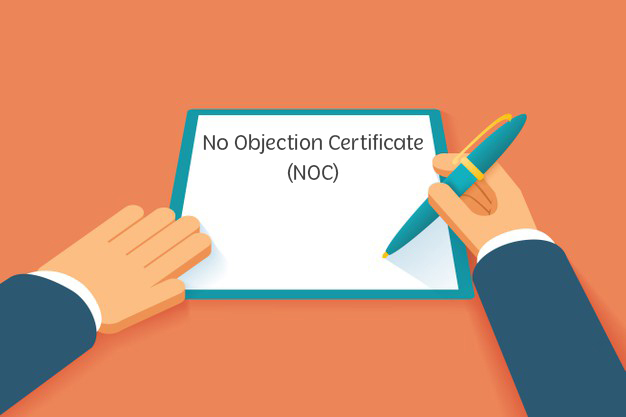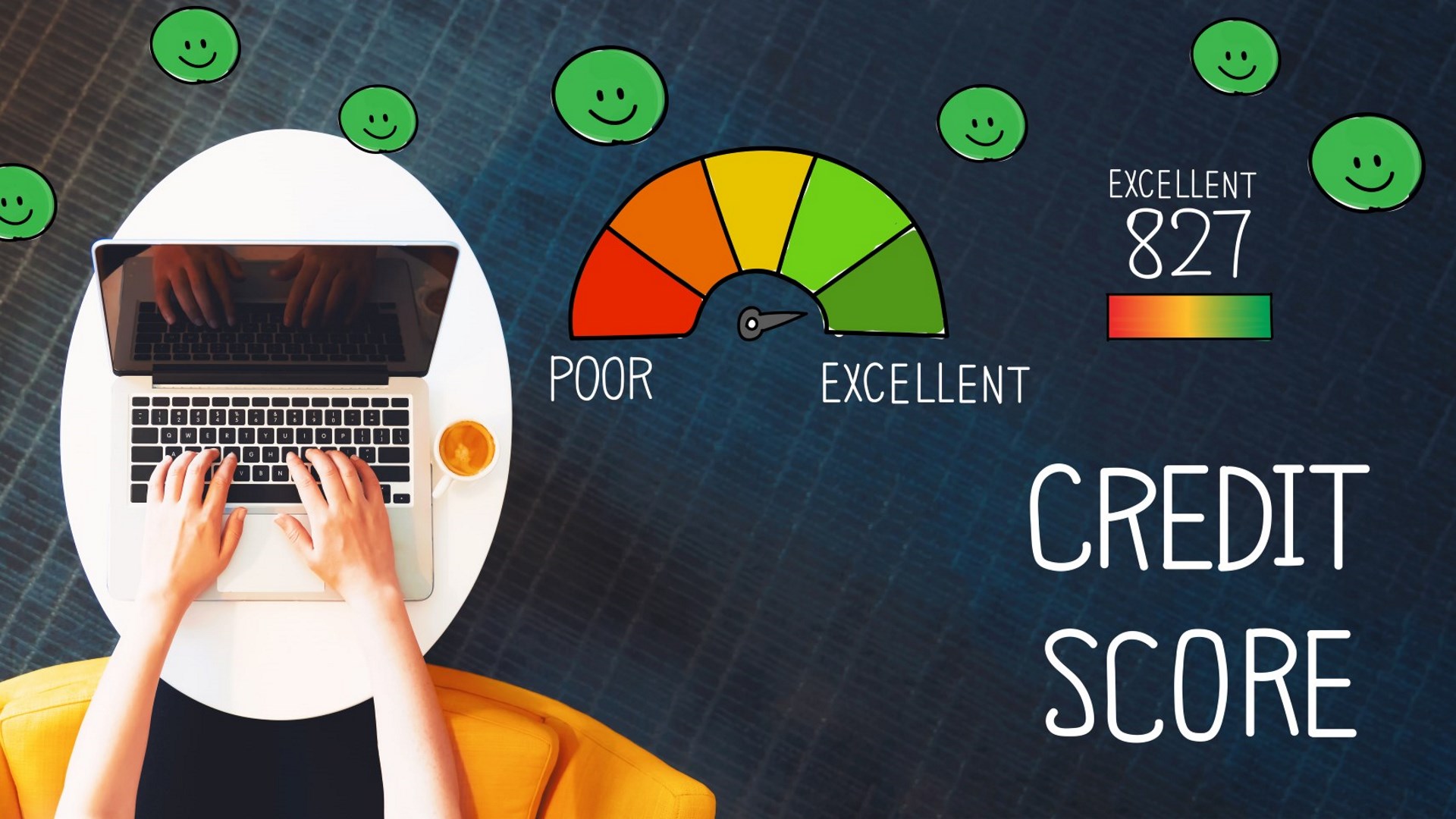Keep the Following Points in Mind at the time of Home Loan Closure:
01. Obtain a No-Objection Certificate (NOC) as Soon as Possible

A No-Objection Certificate (NOC) or No-Dues Certificate is an acknowledgement that there are no further home loan dues against your name. This is a legal document which shows that henceforth you are the owner of the property and the lender (bank or housing finance company) has nothing to do with the property any more.
Once you have repaid the loan entirely, it is prudent to get hold of the NOC as soon as possible. But don’t forget to check the certificate carefully for factual errors or inaccuracies. Your name, address and details of the property, bank account number from which the EMIs were deducted, and start and end dates of loan closure should be properly documented. If you find any error or aberration, get it corrected immediately. The NOC may also be needed to claim your original documents lying with the bank.
02. What to Do if You Lose or Misplace Your NOC?
If your original NOC is lost, you can get a duplicate copy, but the lender may ask you to first file an FIR (first information report) with the police. You will then have to apply to the lender by submitting a duplicate copy of the FIR. Remember, you may have to wait for days before you get the duplicate NOC.
03. Take Possession of Your Original Documents

Once you have fully repaid the loan, the lender is expected to return all the original documents or certificates it had taken from you at the time of sanctioning the loan. If you don’t get them, contact the lender immediately. There are a host of documents that you must have submitted such as your sale deed, conveyance deed, power of attorney, builder-buyer agreement, receipts of payments made by you, possession letter, transfer permission or tripartite agreement and security cheques. At the time of closing the loan, you must ensure that you get back all the certificates so that you don’t face any inconvenience in future. If any of these documents are missing, sort it out at the spot.
04. Get Lien Removed from Your Property After Closing the Home Loan

Some banks or housing finance companies put a lien on the property as a safety measure. Lien gives the lender a right to keep possession of the borrower’s property until the debt owed by him or her is fully paid.
After closing the home loan, you must visit the registrar or sub-registrar’s office to get the lien removed. In case the lender delays the process of removing the lien, you can get it removed with the help of the no-dues certificate.
05. Ask for an Updated EC
Once the lien is removed, ask for the updated encumbrance certificate, better known as EC from the registrar or sub-registrar’s office. This certificate is proof that there is no further liability of debt, and thus the property is free of any legal or financial tangles. It is an important document and without it, you will not be able to sell your property in future.
06. Get Your Credit Data Updated – CIBIL Score

Another important step that you must take after clearing the home loan, or any other loan for that matter, is to get your data updated with the Credit Information Bureau (India) Limited (CIBIL). CIBIL is a credit information company that maintains credit details of borrowers in India. Banks or non-banking finance companies lend you money on the basis of your creditworthiness as determined by the CIBIL score. Your ability to get a credit card also depends on your credit score. At times, the lenders fail to update the CIBIL about the closure or foreclosure of your home loan. This keeps your CIBIL score low. The higher the CIBIL score, the better chances you have to get a loan.
Remember it may take up to a month for the CIBIL to complete the process of updating your data. You can verify your updated score on the CIBIL website from time to time. Hope this article will help you in closing home loan. If you want to read similar articles related to home loan, then you may refer following links:
Home Loan Insurance: Way to Secure Your Home Loan
10 Mistakes to Avoid While Taking a Home Loan!
Types of Home Loan In India
Image Courtesy: Image 4
Author Bio
Devendra Bhandari
